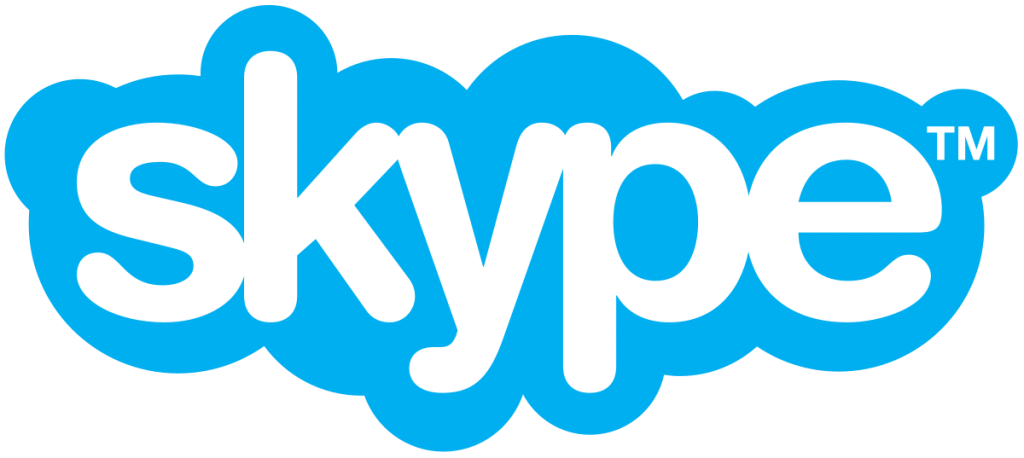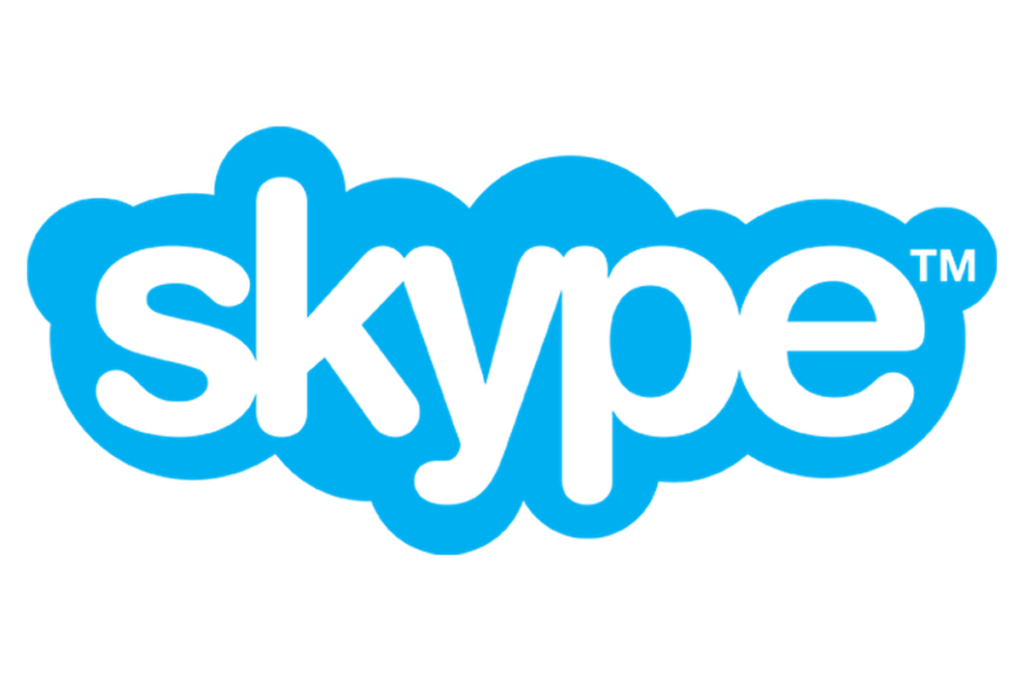With two weeks still left to go to end the nation-wide lockdown, people all around the country are relying on video-calling apps to communicate. As the novel coronavirus continues its dominant surge across North America and Europe, most of the world’s countries have gone into a nation-wide shutdown. With curfews in place, bans on gatherings and public transport, most people are confined to their homes. Since a majority of the world’s population is now sitting idly in their houses, applications that help in communicating are seeing a surge in demand. As we cannot go out to meet and socialize, apps that allow us to do so digitally are being used round the clock to beat boredom. Whether it is to play a game of UNO or have a group video-call, these apps are slowly taking over our smartphones. Skype and Zoom are the two most popular video-calling options available right now, and here’s a look at how one has faltered, while the other has surged.
Skype
Vs Zoom
If this pandemic had occurred in 2011, the entire world would have been on Skype, calling, chatting and talking to their loved ones. Unfortunately, though, for Microsoft, in the year 2020, they aren’t able to replicate that level of success. With thousands of people looking for Skype alternatives, competitors such as Zoom and Houseparty are making the most of this departure. The recent weeks have seen people use Zoom to hold yoga classes, school lectures and even socialize with friends. Microsoft took over Skype in 2011, thanks to a deal that cost them $8.5 billion.
The same year saw the founding of both Zoom and Snapchat. Back then, Skype had over 100 million active users with 8 million of them choosing to voice calls over the application. Hence, it is safe to say, that back in 2011, Skype was the leading market player, being everyone’s first choice for video calling. It was so popular that the Onion released a statement that the word Skype would soon find a place in the dictionary.
Furthermore, three years later, the prophecy came true, and it was added as a verb to the Oxford English Dictionary. However, at the same time, Microsoft was struggling with turning Skype into a profitable and relevant business.
End
of an Era
Microsoft’s acquisition of Skype happened during the same time applications such as WhatsApp, Messenger, and WeChat were gaining momentum with youngsters. In a bid to lessen competition, Microsoft even got rid of its own Live Messenger, which was also quite popular at the time.
One of the biggest problems Microsoft had was that Skype worked on Peer-to-Peer technology, making it difficult to adapt to mobile devices. In 2013, Microsoft shifted Skype from a P2P network onto cloud-powered servers, in a move to make it more efficient on mobile devices. The same year, Skype began the default messenger for Windows 8.1, and also a part of the Xbox One console and Outlook.com.
However, the transition was messy, resulting in repeating notifications on multiple devices. This led to the app becoming less reliable, while all of its competitors kept growing from strength to strength. Rather than fixing the underlying issues which led to this unreliability, Microsoft kept trying to redesign the interface for years.
Change
in Direction
Instead
of fixing Skype, Microsoft kept adding new supplementary features such as
emoji’s and shutting down the Qik app. Then, in 2017, Microsoft redesigned
Skype and made it eerily similar to Snapchat. However, this did not sit well
with fans, and soon enough, Microsoft had to get rid of these features. Then,
the tech giant pushed Skype as a replacement for Lync, an enterprise messaging
application. However, with the arrival of Microsoft Teams in 2016, this plan
too was dropped mid-way. With the success of Teams, Microsoft has been pushing
it aggressively, taking all the spotlight off Skype. While Skype might not
disappear soon, it no longer seems to be the company’s main focus. In 2015,
Skype boasted of over 300 million active users, and Microsoft hasn’t bothered
to update those numbers since.
Coronavirus-related
Surge
The coronavirus pandemic has led to a 70% surge in usage, with over 40 million people using Skype daily. This means that before the Coronavirus pandemic, over 23 million people used Skype daily. However, at the same time, rivals such as Zoom, Hangouts and Houseparty also seem to be doing quite well for themselves. Both Zoom and Houseparty have exploded with Zoom topping the American App Store and coming in second in the UK App Store list. Houseparty has topped the UK and comes in at third place in the US. By comparison, Skype comes in at 75 in the US and 15 in the UK.
However, Microsoft Teams is doing much better, being 7th in the US, and 6th in the UK. However, Zoom refuses to share their numbers regarding usage, and hence we do not know the actual number of users. The biggest reason for people turning to Zoom and Houseparty is due to their ease of use. However, both these apps are now facing privacy concerns with Zoombombing and Houseparty hacking has become popular.
While
there are several reasons for people migrating to Zoom and Houseparty,
Microsoft’s inefficiency when it comes to dealing with Skype’s issues is
definitely a major reason. With Skype all set to migrate to an Electron-powered
app, making it more like a traditional desktop app, the future looks uncertain
for Skype. Reports even state that it might face the same verdict that Live
Messenger did a few years ago.
Being a cinephile with a love for all things outdoorsy, Athulya never misses a chance to chase inspiring stories or poke fun at things, even when the subject is herself. Currently pursuing a degree in mechanical engineering, she is someone innately interested in technical and scientific research. Music reviews and op-eds define her as they allow her to explore different perspectives. Though sometimes she thinks she makes more sense playing the guitar than she does while writing.











